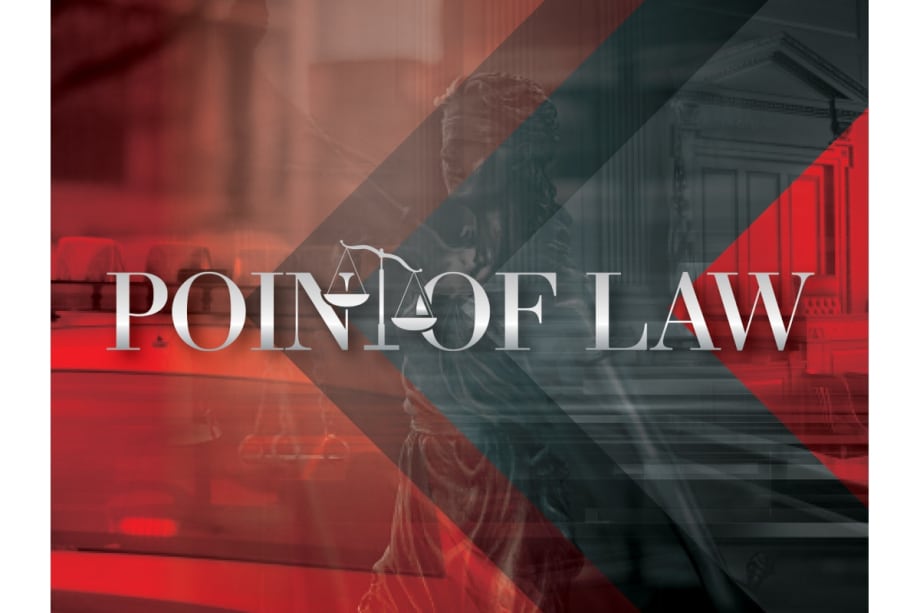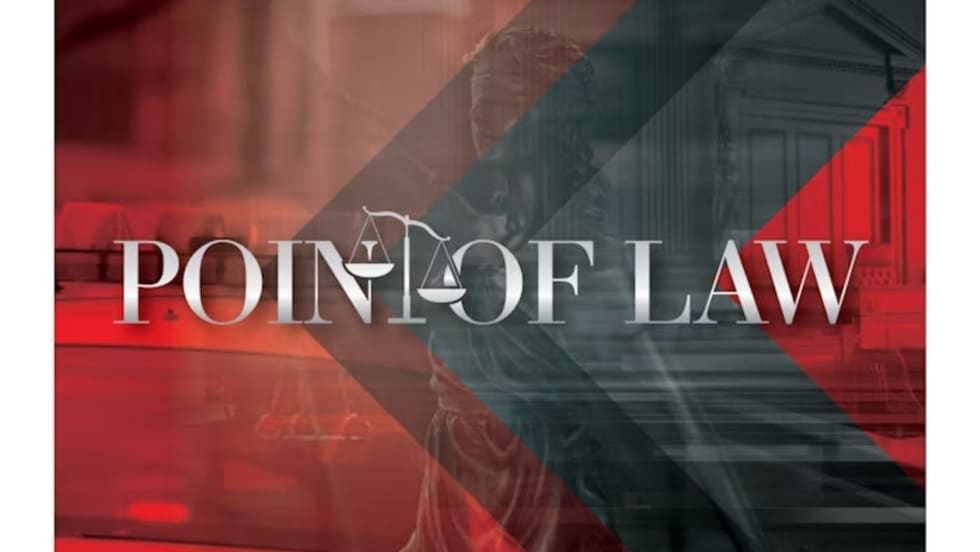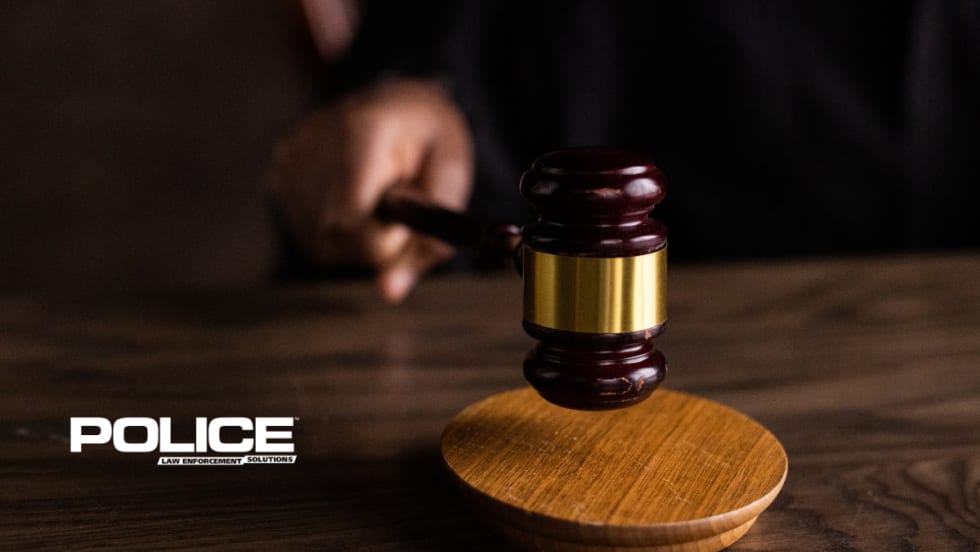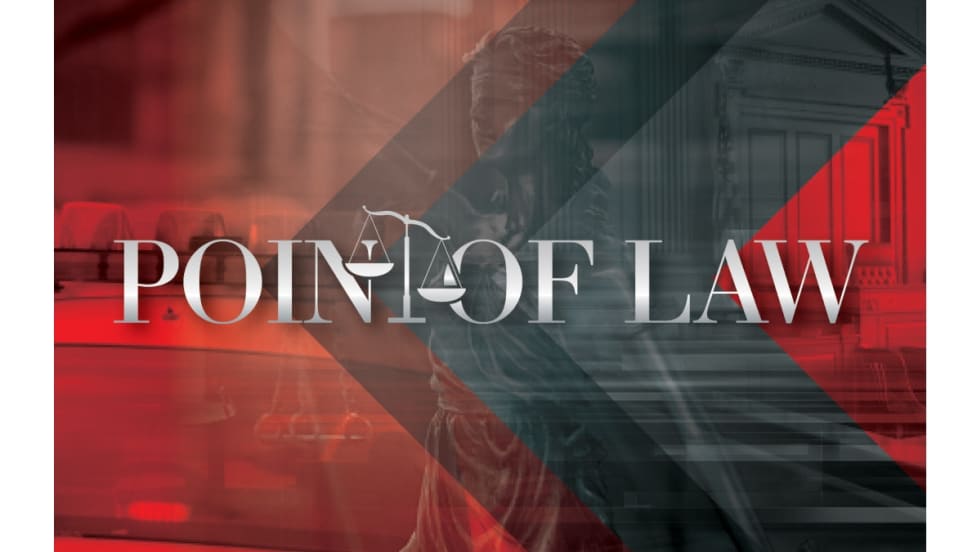Officers using pepper spray have to be able to justify that use of force under Graham v. Connor.
A recent case that was heard by the 10th Circuit Court of Appeals focuses on the issue of excessive force being used after a suspect is handcuffed.
In all use-of-force cases, the courts spotlight Graham v. Connor, which held that a claim of excessive force by law enforcement during an arrest, stop, or other seizure of an individual is subject to the objective reasonableness standard of the Fourth Amendment, rather than a substantive due process standard under the Fourteenth Amendment. In other words, the facts and circumstances related to the use of force should drive the analysis, rather than any improper intent or motivation by the officer who used force.
In Graham v. Connor, the Supreme Court identified three non-exclusive factors to evaluate whether a use of force was excessive:
1. The severity of the crime at issue
2. Whether the suspect poses an immediate threat to the safety of the officers or others
3. Whether the suspect is actively resisting arrest or attempting to evade arrest by flight.”
The case we are discussing in this article is an example of a wrongful use of force, according to the 10th Circuit Court of Appeals.
FACTS
On February 5, 2017, at approximately 12:30 a.m., three police officers were dispatched to a Tulsa, OK, car dealership parking lot. When the officers arrived, they discovered Ira Wilkins asleep in the driver’s seat of his vehicle. The vehicle was running, and the radio was playing loudly. The officers claimed that they smelled alcohol on his person, but Wilkins stated that he had not consumed any alcohol.
The officers ordered Wilkins out of the vehicle because they thought he was committing the crime of being in “actual physical control of a vehicle” while intoxicated. When Wilkins exited the vehicle, Officer Will Mortenson handcuffed Wilkins’s arms behind his back, and then began to search him.
About one minute into the search, Officer Mortenson forced Wilkins against the vehicle. Wilkins asked Officer Mortenson what he was doing and asked why he was “bending his wrists.”
Officer Mortenson laughed and said, “I’m going to bend a lot more if you keep acting like that.” At some point, the three officers forced Wilkins to the ground, face down on his stomach. Officers Mortenson and Rangel were on top of Wilkins, while Officer Angela Emberton held his legs. Wilkins repeatedly said, “Please, man,” and told the officers, “you’re breaking my f-ing wrists.”
Approximately 30 seconds later, Officer Edel Rangel instructed Officer Mortenson to use pepper spray on Wilkins. Without warning, Officer Mortenson deployed pepper spray in Wilkins’ face and stopped when Officer Rangel said, “That’s enough.” Afterward, Officer Mortenson completed the search of Wilkins. Officer Rangel’s body camera captured footage of the incident.
Wilkins was charged with assault and battery upon a police officer, actual physical control of a vehicle while intoxicated, and resisting arrest. All charges were later dismissed.
Wilkins sued the officers under 42 U.S.C. § 1983, alleging that the officers used excessive force in violation of the Fourth Amendment when they forced him to the ground, sat on top of him, and pepper sprayed him. Wilkins also sued the City of Tulsa alleging a link between the deprivation of his constitutional rights and Tulsa Police Department policies, practices, or customs.
The district court granted the officers qualified immunity, holding that they did not use excessive force against Wilkins and dismissed the case against the City on the municipal liability claim because there was no constitutional violation. Wilkins appealed.
10TH CIRCUIT OPINION
In this case—Wilkins v. City of Tulsa, 33 F.4th 1265 (10th Cir. 2022)—the 10th Circuit Court of Appeals applied the Graham factors and held that even assuming the officers acted reasonably when they forced Wilkins to the ground, a reasonable jury could find that the officers’ use of pepper spray was objectively unreasonable. The court analyzed the officers’ conduct collectively because they did not seek an individualized analysis as to their liability and because they “engaged in a group effort.”
First, the court held that the officers suspected Wilkins of committing the crime of actual physical control of a motor vehicle while intoxicated, a misdemeanor in Oklahoma. Tenth Circuit case law provides that “the first Graham factor may weigh against the use of significant force if the crime at issue is a misdemeanor.” As a result, the court held that this factor weighed against “the use of anything more than minimal force.”
The court also held that the second factor weighed against the officers because Wilkins did not pose an immediate threat after the takedown. Specifically, Wilkins was face down on his stomach, handcuffs secured his arms, officers were on him, Officer Emberton held his legs, and he did not resist.
In addition, during the nearly 30 seconds preceding the pepper spray, Wilkins said “Please, man, you’re breaking my f-ing wrists,” and “I’m not doing nothing to you.” Based on these facts, the court held that Wilkins did not present an immediate threat when Officer Mortenson pepper sprayed him.
The court concluded that, under the third factor, no force was justified after the takedown based on resistance or attempt to flee. According to the officers, “Wilkins resisted while on the ground by grabbing Officer Mortenson’s fingers and attempting to stand.” Wilkins denied this and the body camera video did not blatantly contradict Wilkins’s claim. As a result, the court was bound to credit Wilkins’s version of the incident at this stage of the case and find that Wilkins was effectively subdued and not resisting when Officer Mortenson sprayed him. The court noted that at trial the jury would have to decide whether Wilkins actually resisted the officers while on the ground or whether the officers’ use of pepper spray was unreasonable under the Fourth Amendment.
Finally, the court held that on February 5, 2017, it was clearly established in the 10th Circuit that force against a subdued suspect who does not pose a threat violates the Fourth Amendment. Consequently, the court found that on the date of the incident, a reasonable officer would have known that use of pepper spray on Wilkins when he was facedown, handcuffed, legs secured, and not resisting was unconstitutional.
Concerning Wilkins’s municipal liability claim against the City of Tulsa, the court remanded this part of the case to the district court, as it originally declined to review the issue after incorrectly determining that the officers were entitled to qualified immunity.
TAKEAWAYS
Here we see that all three Graham factors weighed against the officers. Wilkins was committing a misdemeanor; he did not pose a threat after he was handcuffed, and there was really no risk of Wilkins fleeing.
While spraying someone with pepper spray may seem like a low-level use of force, it is still force and it will be weighed as such in court. While the officers may have been frustrated and felt that Wilkins was not being as cooperative as possible, there was really no reason to pepper spray him. We have also seen how pepper spray can work against officers in many viral anti-law enforcement videos, so be sure to use it wisely.
BIO:
Eric Daigle is founder of Daigle Law Group, LLC, a firm that specializes in law enforcement operations. A former Connecticut State Police officer, Daigle focuses on civil rights actions, including police misconduct litigation. He is a legal advisor for police agencies across the country and member of the POLICE Advisory Board.






